#health psychology
Text


3/100 Days of Productivity!
I'm still sick but I'm doing good academically! at least I think!
Done with my pali assignment! (on day 4 morning btw)
Also done with my HSKK class!
I'm still studying Japanese at N3 level because I'm not ready for N2 yet... Hyouka is helping me along.
A new semester for HGU UNITWIN starts tomorrow! Worldview studies and Health Psychology here I come!!!
I finished "The Con Job" which is a Leverage novel and it was honestly disappointing since I'm rewatching the show. But I'm still gonna pick up "The Zoo Job"
On this week's HAIYUU book club activity: We're reading the little prince! Last week my friend chose that book and I was astounded by the amount of people who thought it was a children's book(??!??) Anyway, we're gonna discuss translations too since we decided to let the readers pick the language of the book they wanted. Personally, I'm reading it in Chinese.
My tonsilitis still persists. Now I have body aches. Idk when I'll get better but god, it better be soon.
#pali studyblr#pali langblr#studyblr#langblr#100 days of productivity#chinese language#chinese studyblr#chinese langblr#japanese language#japanese studyblr#korean language#korean studyblr#hskk#jlpt#japanese#hgu unitwin#worldview studies#health psychology#chronic pain#bookblr#book club#wtnv tarot#hayworth tarot#tarotblr#the little prince
32 notes
·
View notes
Text


2.14.2024
Happy Valentines Day! ❤️🫶💌
I hope you have a wonderful day spending time with your loved ones today! In the mean time I’ll be writing notes and catching up on class lectures for my Health Psychology.
P.S. My new MacBook Pro is Amazing!🤩


Also for work, I need to work on my latte art and cappuccinos.
#happy valentine's day#love#study night#psychology#health psychology#note taking#psychology notes#coffee#chocolate#chocolates#class notes#class readings#lecture#university#college student#latte art#studyblr#practice#coffee shop#barista#lattelove#cappuccino#study space#study blog#studying#ghosts#nightmare before christmas#sleeplees night#macbook
10 notes
·
View notes
Text



12/06/2023 - second semester of honours 🧠
It’s only week 2 of the semester and I already feel like I’m drowning 🫠. I start my research thesis with 3 other group members so I’m nervous but excited! Also, I was able to get my first choice of research area - health psychology 🥰
Hoping this semester goes well! 🤞🏻
#psychology#studyblr#studying#studyinspo#studywithme#honours#university#research thesis#health psychology
25 notes
·
View notes
Text
Social connections fuel your body just as eating nutritious foods and taking deep breaths do.
Emily Nagoski and Amelia Nagoski, burnout: the secret to unlocking the stress cycle
#emily nagoski#Amelia Nagoski#burnout: the secret to unlocking the stress cycle#psychology#mental health#health#health psychology#positive psychology#nutrition#mindfulness#breathing#connection#relationships#well-being#social#social psychology
8 notes
·
View notes
Text
A Brief Review on the Etiology of Depression
Abstract
Over the past 50 years, there has been increased research acknowledging that partner-and family involved treatments produce better outcomes across several domains of functioning compared to individual-based interventions. Yet, despite impressive empirical evidence supporting their efficacy, couple-and family-based interventions for substance use have not been widely adopted in clinical practice. The purpose of the current paper is to provide support for the use of family/couple’s therapy for the treatment of substance use disorders by discussing empirical evidence, potential barriers and impediments to implementation (both for clients and therapists), and recommendations for areas of future research.
Read More About This Article: https://crimsonpublishers.com/pprs/fulltext/PPRS.000590.php
Read More Crimson Publishers Google Scholar Articles: https://scholar.google.com/citations?view_op=view_citation&hl=en&user=GFcxEUYAAAAJ&citation_for_view=GFcxEUYAAAAJ:4JMBOYKVnBMC
#Crimson Publishers LLC#Crimson Publishers Google Scholar#Psychology#Health Psychology#neuropsychology
2 notes
·
View notes
Text
Article readings, essays, and note taking. 😬
0 notes
Text
The importance of mental health and its impact on activity and life
#mental health#health#mental health awareness#mental health tips#how to improve mental health#improve mental health#psychological health#world mental health day#mental health education#[ health#mental health crisis#health psychologist#health psychology#mental health matters#mental health problems#health tips#improving mental health tips#mental health awareness month#healthy habits#psychological disorders#mental health terminology#child mental health
1 note
·
View note
Text
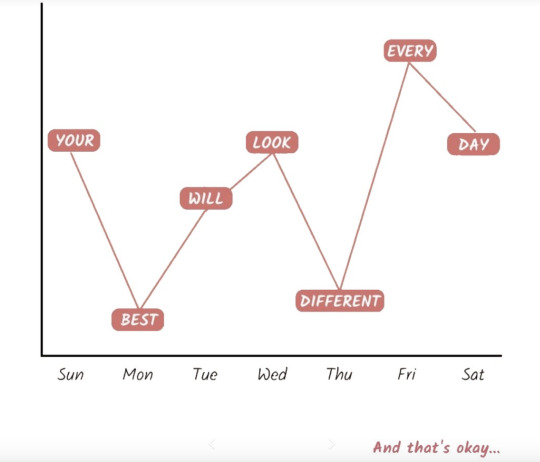
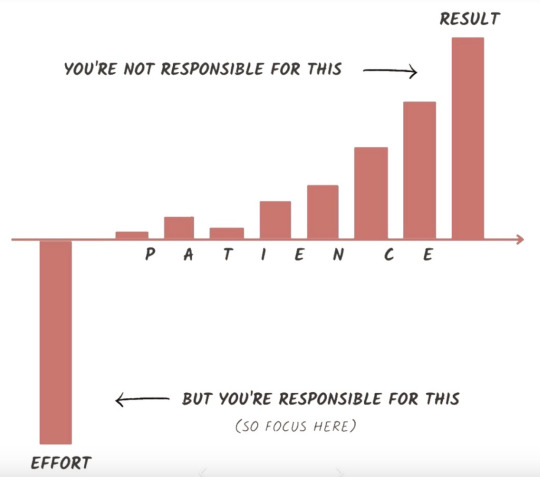
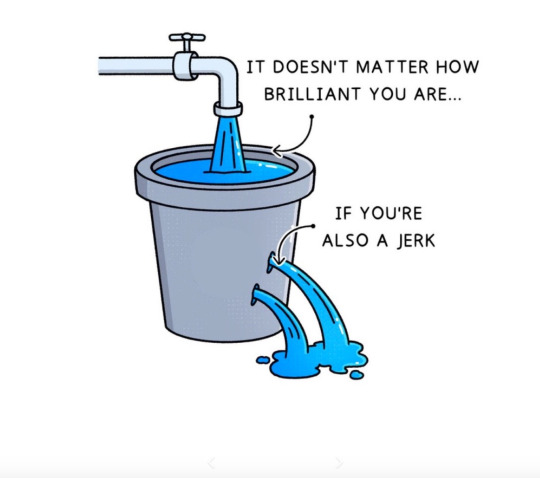

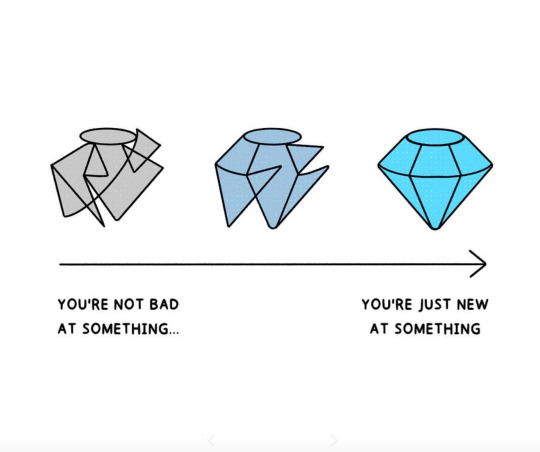
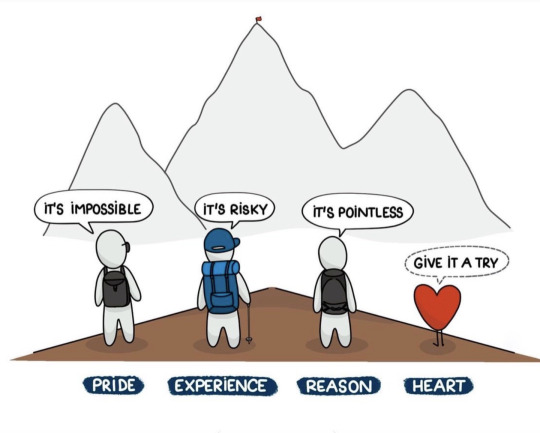
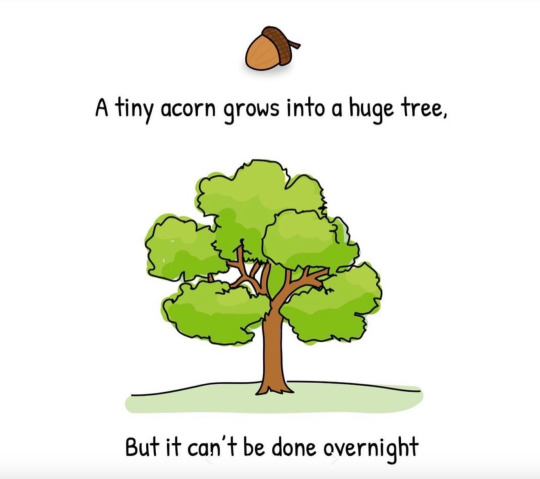

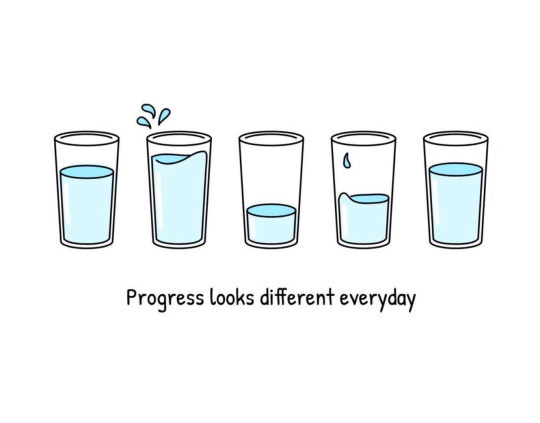
Pictures you'll likely not see again
14K notes
·
View notes
Text
HETEROSEXUAL CIS-PEOPLE LOOK HERE
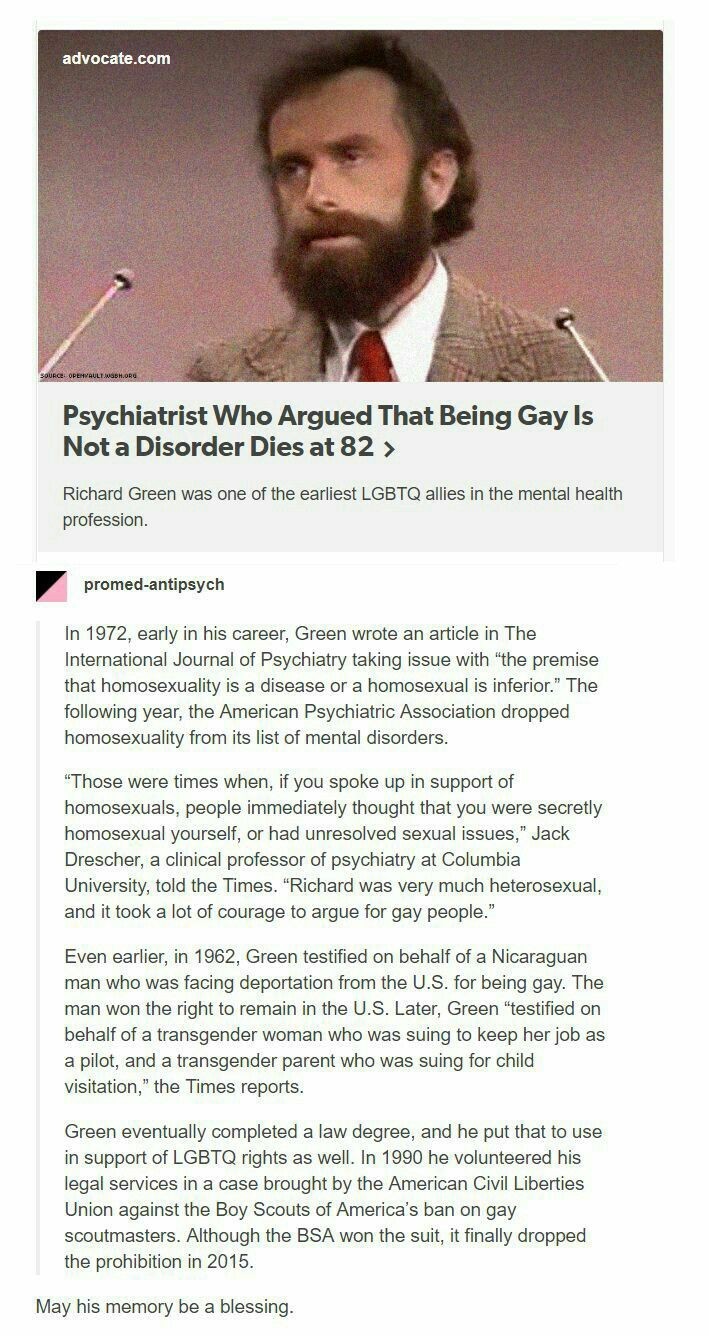
Snaps my fingers at you as you scroll past this post
Look at me. Listen.
I'm not the best at serious posts, but that article up there reminded me of how important it is that people like you stand up for us. So hold on while I try to get this out of my mushy end-of-work-day brain.
We could fight this fight ourselves for decades trying to reach the equal laws, gender affirming trans healthcare that doesn't have a 2-5+ soul-eating years of waiting time, medical care with equal knowledge of lgbtqia+ bodies, and, what is often forgotten, inclusion in the little everyday areas of life like our way of speaking or things being set up or designed with the existence of queer people in mind.
But you joining in could get us there so much faster.
The power you have as a hetero cis person is that you set the standard for what is seen as the average way of treating us among other hetero cis people. You have been given the power of deciding what's "normal" and I'm begging you to use it.
Richard Green is a great example of to what extent your actions can help our situation, and smaller ways of support still add up to a great impact on society, and could make the days of the queer people you interact with.
Educate yourself before you speak up, but don't be silent.
#lgbtqia+#lgbtq#lgbtqia#lgbtq+#lgbtqia+ rights#lgbtq+ rights#lgbtq rights#interesting#article#psychology#mental health#psychologist#reading#culture#cooking#drawing#music#nature#science#baking#pets#inspirational#gaming#photography#fashion#writing
6K notes
·
View notes
Text
I talk to many people who say things like "oh I have trauma but I don't have PTSD", but then when I talk to them a little more I realize that they most likely do, they just can't recognize it as such due to how lacking PTSD awareness is, even beyond the whole "it's not just a veteran's disorder" thing.
The main reason they think they don't have PTSD usually has to do with flashbacks and nightmares, either they have one but not the other or have neither. But here's the thing, those are only two symptoms out of the 23-odd recognized symptoms. Flashbacks and nightmares are two of the five symptoms under Criterion B (Intrusion), which you only need one of for a diagnosis. The other three symptoms are unwanted upsetting memories, emotional distress after being reminded of trauma and physical reactivity after being reminded of trauma (i.e. shaking, sweating, heart racing, feeling sick, nauseous or faint, etc). Therefore you can have both flashbacks and nightmares, one but not the other, or neither and still have PTSD.
In fact, a lot of the reasons people give me for why they don't think they have PTSD are literally a part of the diagnostic criteria.
"Oh, I can barely remember most parts of my trauma anyway." Criterion D (Negative Alterations in Cognition and Mood) includes inability to recall key features of the trauma.
"Oh but I don't get upset about my trauma that often because I avoid thinking of it or being around things that remind me of it most of the time." Criterion C (Avoidance) includes avoiding trauma-related thoughts or feelings and avoiding trauma-related external reminders, and you literally cannot get diagnosed if you don't have at least one of those two symptoms.
"Oh I just have trouble getting to sleep or staying asleep, but I don't have nightmares." Criterion E (Alterations in Arousal and Reactivity) includes difficulting sleeping outside of nightmares.
"But I didn't have many/any trauma symptoms until a long time after the trauma happened." There's literally an entire specification for that.
Really it just shows how despite being one of the most well-known mental illnesses, people really don't know much about PTSD. If you have trauma, I ask you to at least look at the criteria before you decide you don't have PTSD. Hell, even if you don't have trauma, look at the criteria anyway because there are so many symptoms in there that just are not talked about.
PTSD awareness is not just about flashbacks and nightmares.
#ptsd#post traumatic stress disorder#cptsd#complex post traumatic stress disorder#complex ptsd#trauma#actually ptsd#actually cptsd#mental illness#mental health#mental health awareness#ptsd awareness#cptsd awareness#neurodivergent#ptsd thoughts#awareness#important#mentally ill#actually mentally ill#psychology
47K notes
·
View notes
Text
Proper boundaries
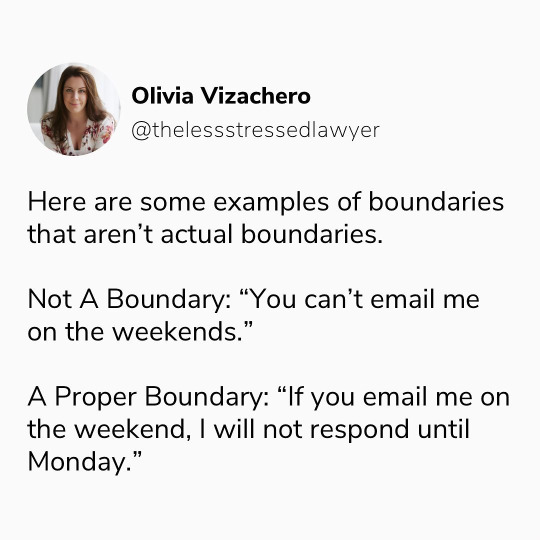
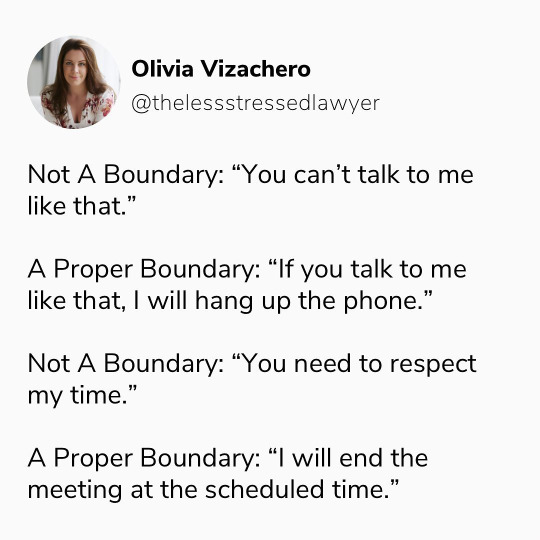
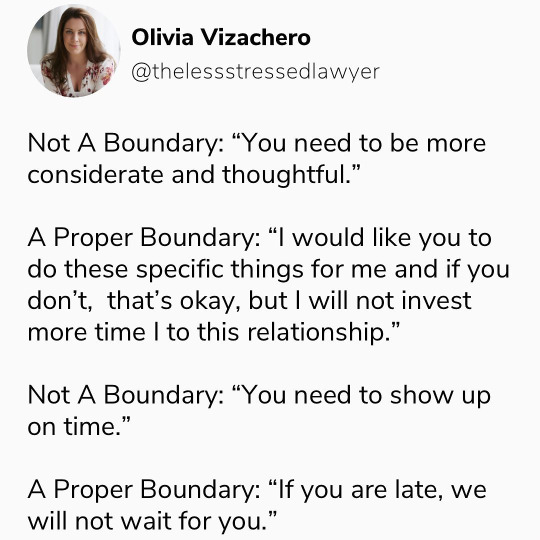
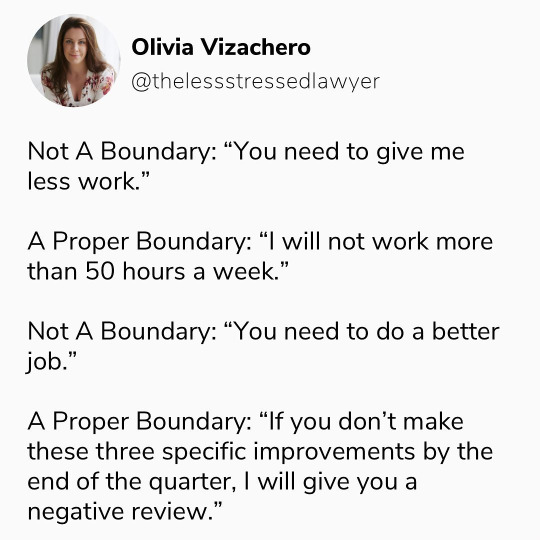
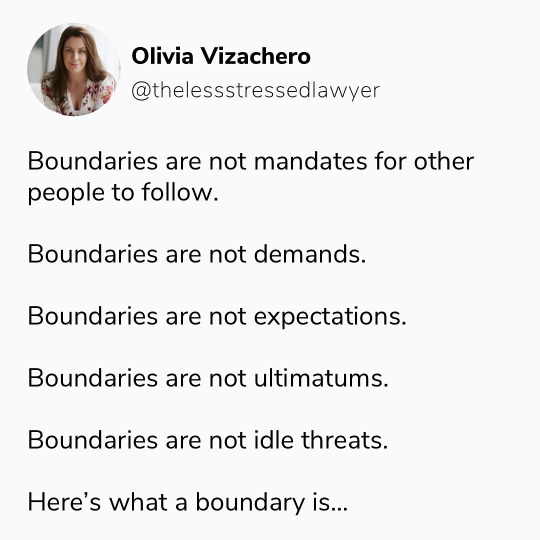
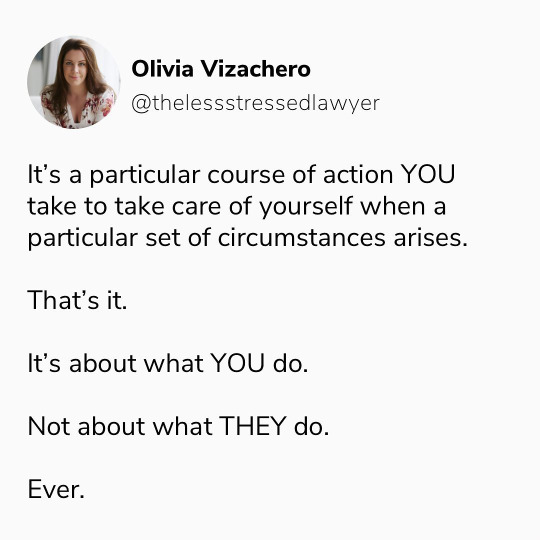
92K notes
·
View notes
Text


I got accepted into two free online courses offered by Handong Global University through UNESCO Unitwin program for Burmese people! I'm enrolled in "Worldview Studies" and "Health Psychology" for this semester!^^ If I pass this, I get 3 credits and a free certiticate for each course! I'm not enrolled in any universities and I don't even think I can actually use these credits... but I still like it!
#handong global university#Unesco#unitwin#online courses#worldview studies#health psychology#studyblr#100 days of productivity#hgu unitwin
8 notes
·
View notes
Text
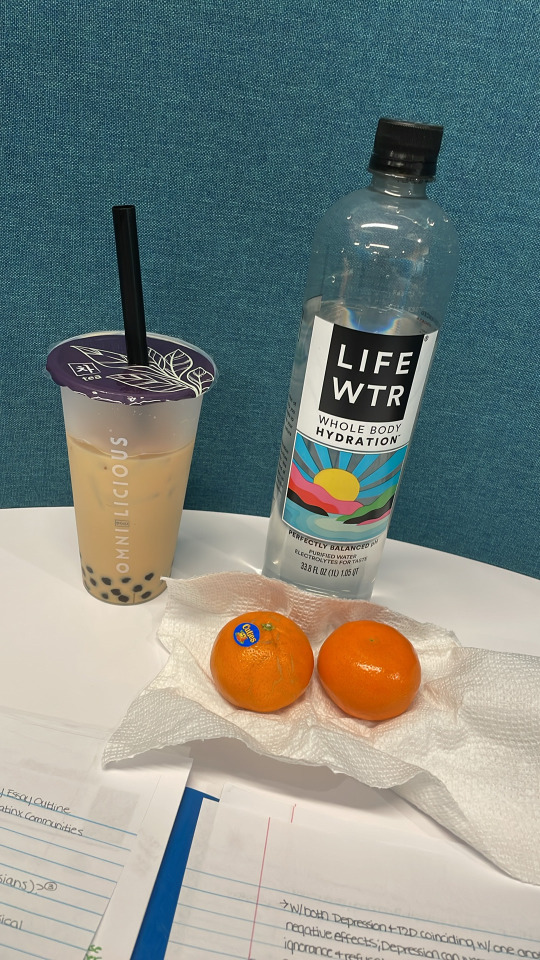

3.12.2024
At the library to do homework and article readings. I love going to the library. In fact, my local library got renovated last year and it’s really nice. Aside from noisy children, old people not knowing about ‘personal space’, and people not turning off their loud phones, it’s a great place to study.
It’s alright cuz I got my Chai Boba Tea, water, fruit for snacks, and music to get me through today.

Also I really need to eat so I treated myself with Starbucks! Iced matcha lemonade and a protein box.
#library#reading articles#annotations#note taking#outline#boba tea#oranges#homework#nerd#biolizard#study space#iced chai#health psychology#people are annoying#starbucks#cheddar cheese#iced matcha#matcha#matcha lemonade#lemonade#lunch#protein#good#background#co star#studyblr#sonic the hedgehog#shadow the hedgehog#music#currently listening to
2 notes
·
View notes
Text
Is work stress damaging your mental health? Our specialist corporate mental health therapist is here to help you deal with the challenges of corporate life whilst protecting your mental health. With years of experience, we offer a safe and confidential space to address anxiety, stress, burnout and other work-related issues. Our goal is to give professionals the opportunity to develop both professionally and privately. Take the first step toward a healthier work-life balance
by scheduling a session today.Your mental well-being is important to us
1 note
·
View note
Text
As I keep shouting into the void, pathologizers love shifting discussion about material conditions into discussion about emotional states.
I rant approximately once a week about how the brain maturity myth transmuted “Young adults are too poor to move out of their parents’ homes or have children of their own” into “Young adults are too emotionally and neurologically immature to move out of their parents’ homes or have children of their own.”
I’ve also talked about the misuse of “enabling” and “trauma” and “dopamine” .
And this is a pattern – people coin terms and concepts to describe material problems, and pathologization culture shifts them to be about problems in the brain or psyche of the person experiencing them. Now we’re talking about neurochemicals, frontal lobes, and self-esteem instead of talking about wages, wealth distribution, and civil rights. Now we can say that poor, oppressed, and exploited people are suffering from a neurological/emotional defect that makes them not know what’s best for themselves, so they don’t need or deserve rights or money.
Here are some terms that have been so horribly misused by mental health culture that we’ve almost entirely forgotten that they were originally materialist critiques.
Codependency
What it originally referred to: A non-addicted person being overly “helpful” to an addicted partner or relative, often out of financial desperation. For example: Making sure your alcoholic husband gets to work in the morning (even though he’s an adult who should be responsible for himself) because if he loses his job, you’ll lose your home. https://www.nytimes.com/2022/07/08/opinion/codependency-addiction-recovery.html
What it’s been distorted into: Being “clingy,” being “too emotionally needy,” wanting things like affection and quality time from a partner. A way of pathologizing people, especially young women, for wanting things like love and commitment in a romantic relationship.
Compulsory Heterosexuality
What it originally referred to: In the 1980 in essay "Compulsory Heterosexuality and Lesbian Existence," https://www.journals.uchicago.edu/doi/abs/10.1086/493756 Adrienne Rich described compulsory heterosexuality as a set of social conditions that coerce women into heterosexual relationships and prioritize those relationships over relationships between women (both romantic and platonic). She also defines “lesbian” much more broadly than current discourse does, encompassing a wide variety of romantic and platonic relationships between women. While she does suggest that women who identify as heterosexual might be doing so out of unquestioned social norms, this is not the primary point she’s making.
What it’s been distorted into: The patronizing, biphobic idea that lesbians somehow falsely believe themselves to be attracted to men. Part of the overall “Women don’t really know what they want or what’s good for them” theme of contemporary discourse.
Emotional Labor
What it originally referred to: The implicit or explicit requirement that workers (especially women workers, especially workers in female-dominated “pink collar” jobs, especially tipped workers) perform emotional intimacy with customers, coworkers, and bosses above and beyond the actual job being done. Having to smile, be “friendly,” flirt, give the impression of genuine caring, politely accept harassment, etc.
https://weld.la.psu.edu/what-is-emotional-labor/
What it’s been distorted into: Everything under the sun. Everything from housework (which we already had a term for), to tolerating the existence of disabled people, to just caring about friends the way friends do. The original intent of the concept was “It’s unreasonable to expect your waitress to care about your problems, because she’s not really your friend,” not “It’s unreasonable to expect your actual friends to care about your problems unless you pay them, because that’s emotional labor,” and certainly not “Disabled people shouldn’t be allowed to be visibly disabled in public, because witnessing a disabled person is emotional labor.” Anything that causes a person emotional distress, even if that emotional distress is rooted in the distress-haver’s bigotry (Many nominally progressive people who would rightfully reject the bigoted logic of “Seeing gay or interracial couples upsets me, which is emotional labor, so they shouldn’t be allowed to exist in public” fully accept the bigoted logic of “Seeing disabled or poor people upsets me, which is emotional labor, so they shouldn’t be allowed to exist in public”).
Battered Wife Syndrome
What it originally referred to: The all-encompassing trauma and fear of escalating violence experienced by people suffering ongoing domestic abuse, sometimes resulting in the abuse victim using necessary violence in self-defense. Because domestic abuse often escalates, often to murder, this fear is entirely rational and justified. This is the reasonable, justified belief that someone who beats you, stalks you, and threatens to kill you may actually kill you.
What it’s been distorted into: Like so many of these other items, the idea that women (in this case, women who are victims of domestic violence) don’t know what’s best for themselves. I debated including this one, because “syndrome” was a wrongful framing from the beginning – a justified and rational fear of escalating violence in a situation in which escalating violence is occurring is not a “syndrome.” But the original meaning at least partially acknowledged the material conditions of escalating violence.
I’m not saying the original meanings of these terms are ones I necessarily agree with – as a cognitive liberty absolutist, I’m unsurprisingly not that enamored of either second-wave feminism or 1970s addiction discourse. And as much as I dislike what “emotional labor” has become, I accept that “Women are unfairly expected to care about other people’s feelings more than men are” is a true statement.
What I am saying is that all of these terms originally, at least partly, took material conditions into account in their usage. Subsequent usage has entirely stripped the materialist critique and fully replaced it with emotional pathologization, specifically of women. Acknowledgement that women have their choices constrained by poverty, violence, and oppression has been replaced with the idea that women don’t know what’s best for themselves and need to be coercively “helped” for their own good. Acknowledgement that working-class women experience a gender-and-class-specific form of economic exploitation has been rebranded as yet another variation of “Disabled people are burdensome for wanting to exist.”
Over and over, materialist critiques are reframed as emotional or cognitive defects of marginalized people. The next time you hear a superficially sympathetic (but actually pathologizing) argument for “Marginalized people make bad choices because…” consider stopping and asking: “Wait, who are we to assume that this person’s choices are ‘bad’? And if they are, is there something about their material conditions that constrains their options or makes the ‘bad’ choice the best available option?”
#mad pride#neurodiversity#ableism#ageism#youth rights#liberation#disability rights#classism#capitalism#mental health culture#pop psychology#feminism#emotional labor
6K notes
·
View notes
